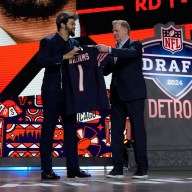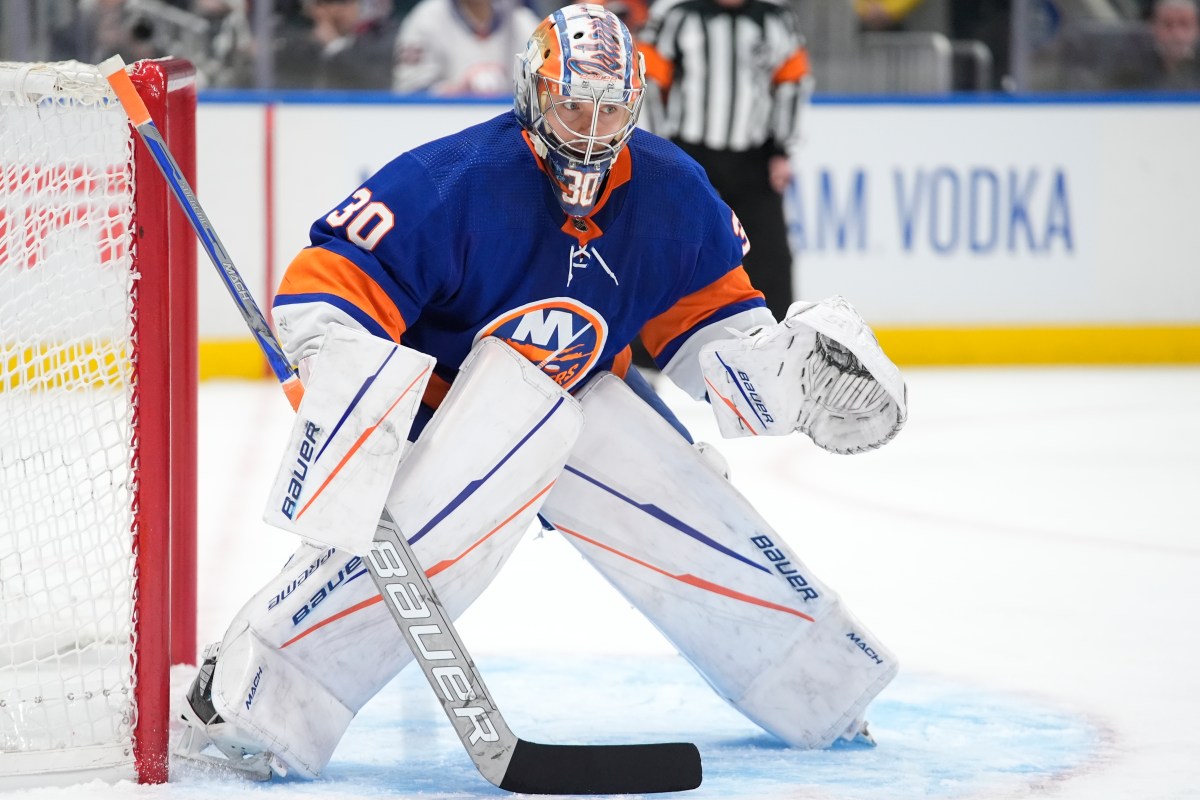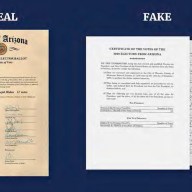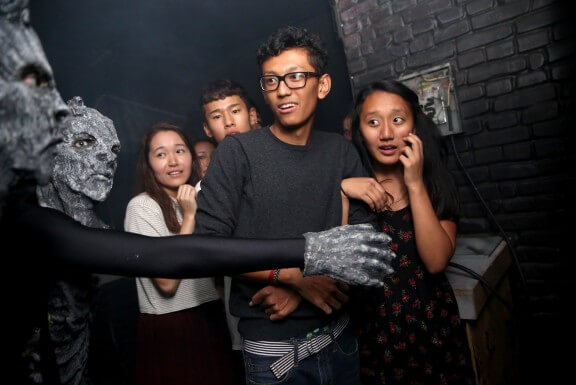 “When people are buying these things at clubs or even on the street, the truth is you don’t know what else might be in it, and that’s why you never really know how someone’s going to respond.”
“When people are buying these things at clubs or even on the street, the truth is you don’t know what else might be in it, and that’s why you never really know how someone’s going to respond.”
Credit: Lifesize
Ecstasy has long been a popular club drug, but its molecular form — dubbed “molly” — is going through a surge in popularity these days.
Miley Cyrus sings about “Dancing with molly” in her song “We Can’t Stop,” and a series of deaths from the drug in the past two weeks is being linked to a possible bad batch sweeping the East Coast. Young people love it because they seem to think it’s a purer (and therefore safer) form of ecstasy, says Dr. Travis Stork, an emergency physician and host of TV’s “The Doctors,” which just premiered its sixth season. But that “could not be further from the truth,” he says.
“The young adult culture that’s embracing has this false sense of security that it’s safe,” says Stork. “Especially when it’s in a powder form, the truth is you have no idea what’s really in it.”
As a stimulant, molly revs up bodily functions — everything from metabolism to heart rate to blood pressure to brain function. Even though it’s in the same drug category as caffeine, taking molly is not like just drinking a giant mug of coffee: Molly also has a psychedelic element to it, one that can cause hallucinations and feelings of euphoria and invincibility. The consequences of that high include a spike in heart rate and blood pressure, hyperthermia (when the body overheats), hyponatremia (a major sodium imbalance in the body) and seizures, all of which can be fatal.
Stork urges parents to speak to their children about the drug before their peers start the conversation.
“There’s so much misinformation out there amongst kids, and obviously we know that kids are willing to say or believe anything,” he says. “My advice is have an honest conversation about drugs with your kids before their friends do in a respectful, trusting way, because once that conversation’s been had, if it’s been had by someone else, it could be too late.”
There’s no “right” age to start that dialogue, he adds — it’s about knowing your child, being involved in his or her life and keeping your ears open.
“If you’re worried about someone else having the conversation with your child, that’s the time to have the conversation,” he says. “As a parent, it can be uncomfortable to bring these things up — just like the conversations about sex can be difficult to bring up — but they can also be incredibly, incredibly meaningful.”

















